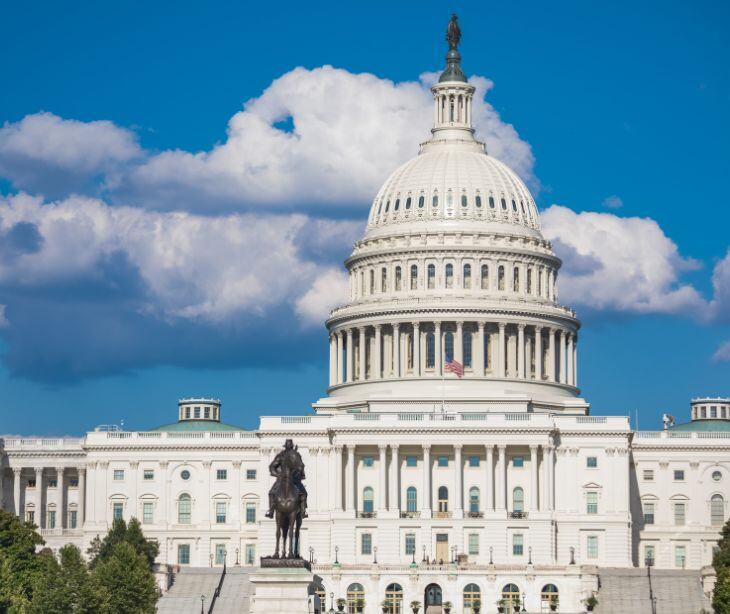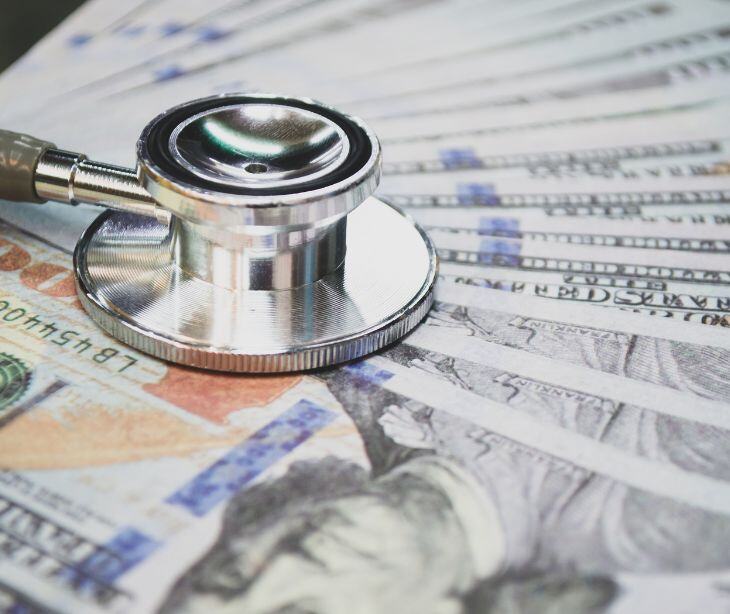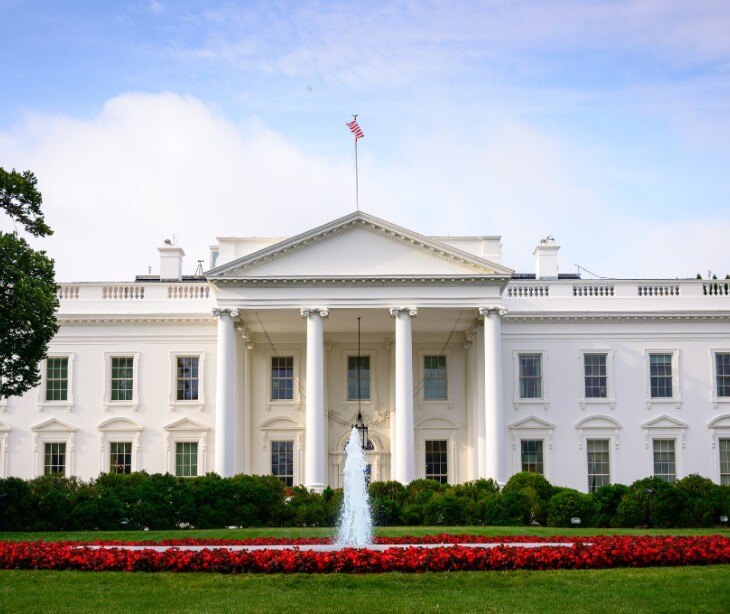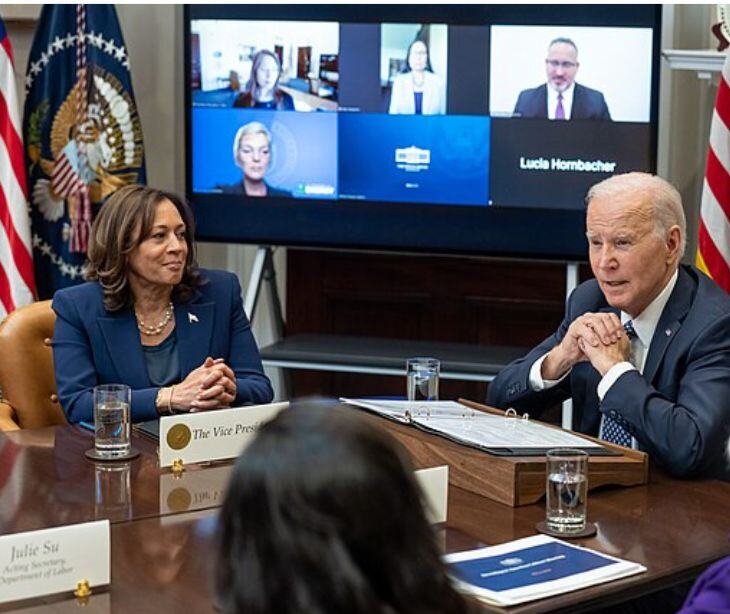2 min read
Biden-Harris administration awards $45.1 million in mental health grants
Kirsten Peremore
July 25, 2024

The Biden Harris Administration has awarded $45.1 million to boost mental health and substance use services across all ages.
What happened
Today, the U.S. Department of Health and Human Services (HHS), through the Substance Abuse and Mental Health Services Administration (SAMHSA), announced a grant award totaling $45.1 million. This funding ties into the Biden Harris Administration's ongoing dedication to tackling the mental health and overdose crises, both elements of President Biden's Unity Agenda for the Nation. The grants are designed to enhance mental health and substance use services across the lifespan.
A portion of this funding, $15.3 million, is specifically allocated to services for children and youth. This investment will bolster mental health support in schools, provide trauma and grief counseling, and offer services to at risk young people. The grants will help homeless individuals, support school based mental health programs, and provide specialized services for racial and ethnic minorities at high risk for HIV/AIDS. The funding will also aid adults with serious mental illnesses, and those reentering society from incarceration, and establish comprehensive centers for opioid recovery.
See also: Making the Mental Health Quality of Life Questionnaire HIPAA compliant
Going deeper
The allocation of the funds is as follows:
- $15.3 million for children and youth mental health services
- $7.5 million for homeless individuals with substance use disorders or co-occurring mental health conditions
- $6.5 million for Project AWARE (school based mental health programs)
- $5.4 million for National Child Traumatic Stress Initiative (trauma and grief focused treatment)
- $4 million for supported employment programs for adults with serious mental illness or co-occurring disorders
- $4 million for Minority AIDS Initiative (substance use disorder treatment for racial/ethnic minority populations)
- $2.3 million for Healthy Transitions program (youth and young adults with serious mental disorders)
- $2 million for Adult Reentry Program (substance use disorder treatment for those in the criminal justice system)
- $1.7 million for Comprehensive Opioid Recovery Centers
- $1.1 million for Targeted Capacity Expansion (special projects for substance use disorder treatment)
- $1 million for Emergency Department Alternatives to Opioids Program
- $3.6 million for State Pilot Grant Program for Treatment for Pregnant and Postpartum Women
- $1.1 million for the Statewide Family Network Program
- $1 million for Statewide Consumer Network Program
- $3.9 million for Certified Community Behavioral Health Clinic Improvement and Advancement Grant
See also: Sharing mental health records
What was said
HHS Secretary Becerra provided the following statement, “Be it fostering wellness in young people, caring for the unhoused, facilitating treatment,ment and more, this funding directly supports the needs of our neighbors. These investments will empower communities to implement effective solutions that promote long term healing and resilience.”
The bigger picture
In 2021, 22.8% of U.S. adults, or 57.8 million people, experienced mental illness, underscoring a need for comprehensive mental healthcare. The funding from the Biden Harris administration aims to provide equitable care to all, with a particular focus on historically underserved communities. By expanding mental health and substance use services, the funding addresses the broad impact of mental illness, ensuring that individuals from all backgrounds and financial situations have access to support.
See also: HIPAA Compliant Email for Mental Health Professionals
FAQs
What is the function of the HHS?
The function of the HHS (U.S. Department of Health and Human Services) is to enhance the health and well being of all Americans by providing effective health and human services and fostering advances in medicine, public health, and social services.
Which laws govern mental healthcare?
The laws governing mental healthcare include the Mental Health Parity and Addiction Equity Act (MHPAEA), and the Affordable Care Act (ACA).
What is SUD?
SUD stands for Substance Use Disorder, which is a condition in which the use of one or more substances leads to a clinically relevant impairment or distress.
Subscribe to Paubox Weekly
Every Friday we'll bring you the most important news from Paubox. Our aim is to make you smarter, faster.



